-
- PCB TYPE
- PRINTED CIRCUIT BOARD PROTOTYPE ALUMINUM PRINTED CIRCUIT BOARD R&F PCB FPC HIGH FREQUENCY PCB HIGH-TG PCB HEAVY COPPER PCB HDI PCB PCB FOR LIGHTING METAL CORE PCB
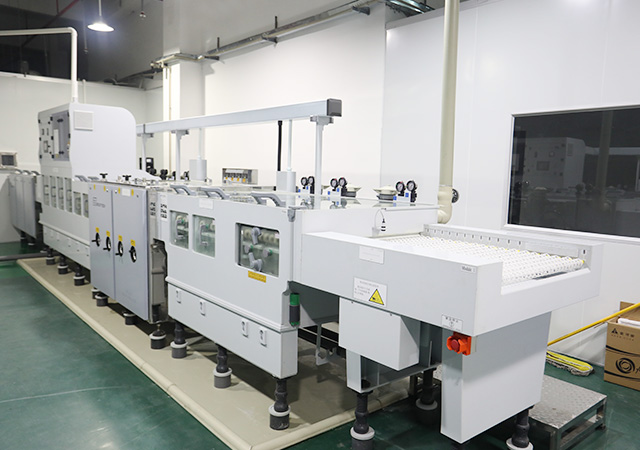
Discover the precision and efficiency of laser drilled HDI PCB production, crucial for creating compact, high-performance electronic devices.
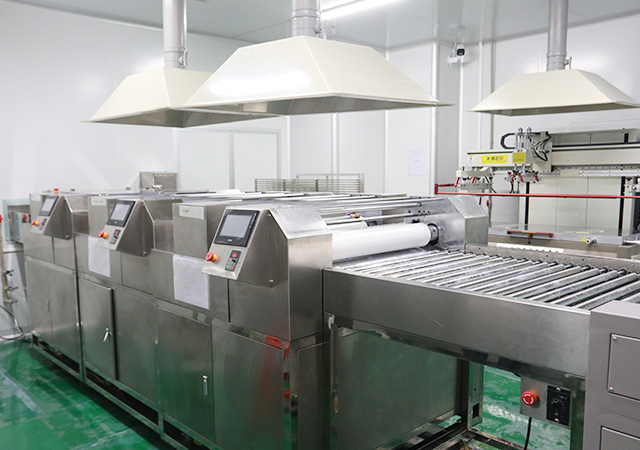
Discover the benefits and manufacturing process of Microvia HDI PCB manufacturing, a key technology for high-performance, compact electronic devices.
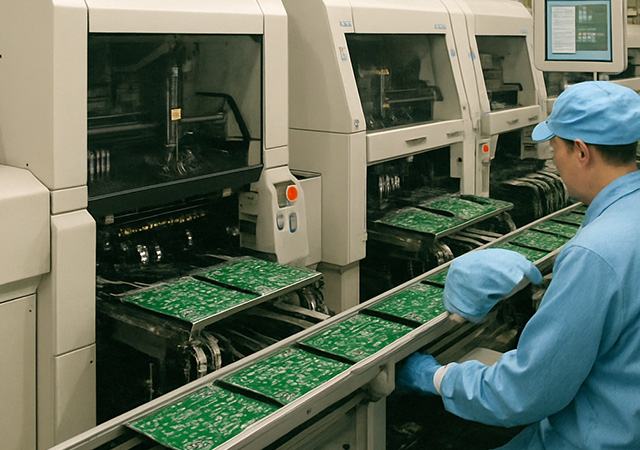
Choose a reliable PCB manufacturer with expertise in PCB design and assembly for quality and cost-effective solutions that meet your project needs.
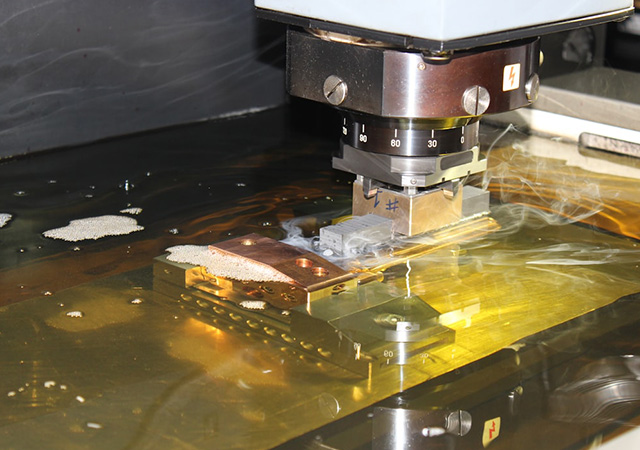
Explore the fundamentals of IC substrate PCB design, substrate materials, and the PCB fabrication process for high-performance, reliable electronics.
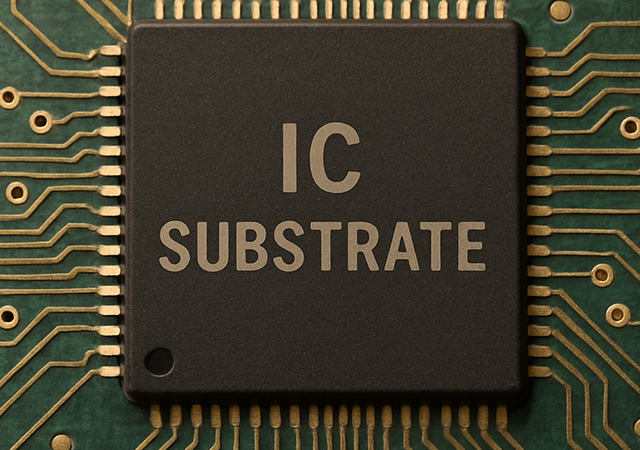
Discover the intricate IC substrate PCB manufacturing process, a vital part of electronics, from design to testing, ensuring precision and innovation.

Got project ready to assembly? Contact us: info@apollopcb.com



We're not around but we still want to hear from you! Leave us a note:

Leave Message to APOLLOPCB
